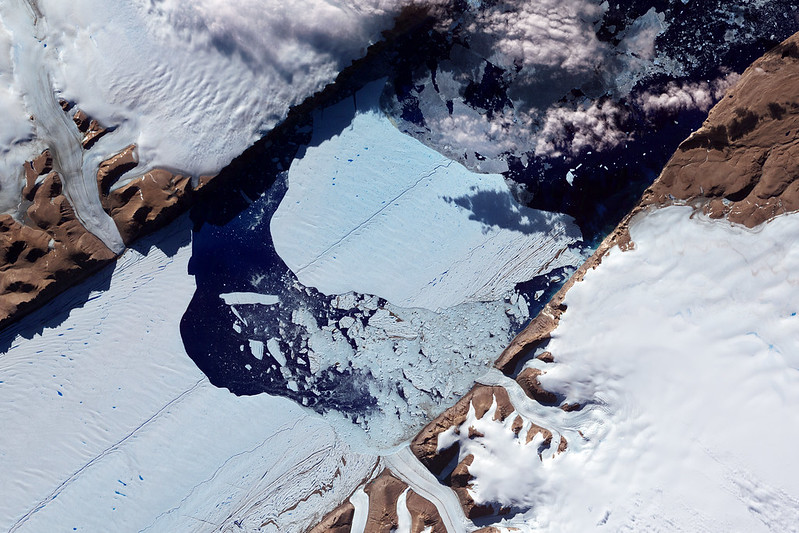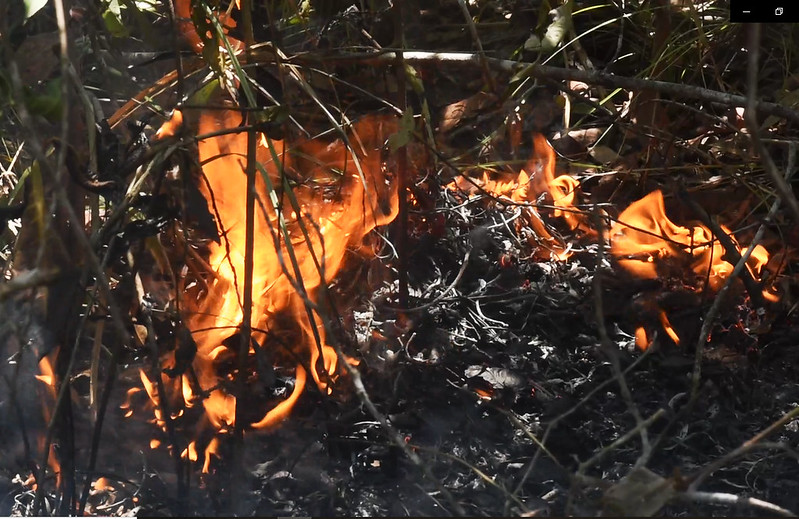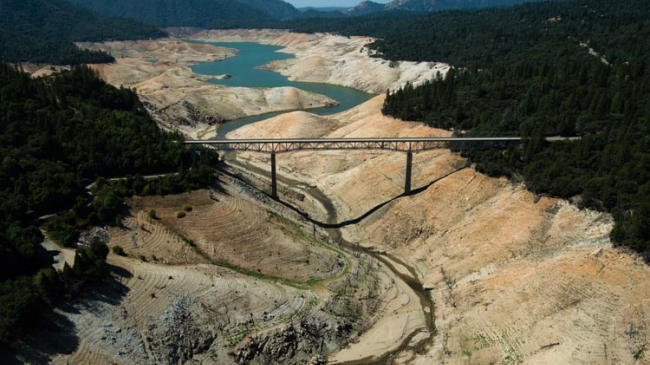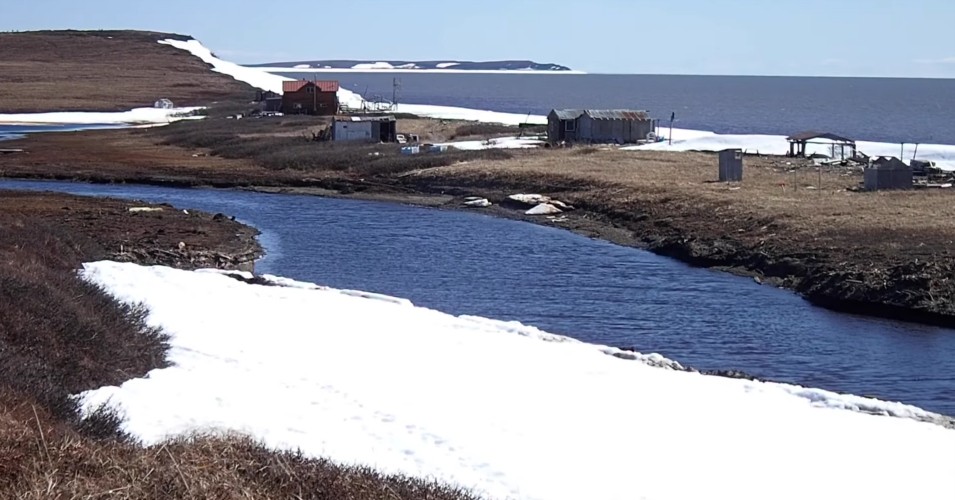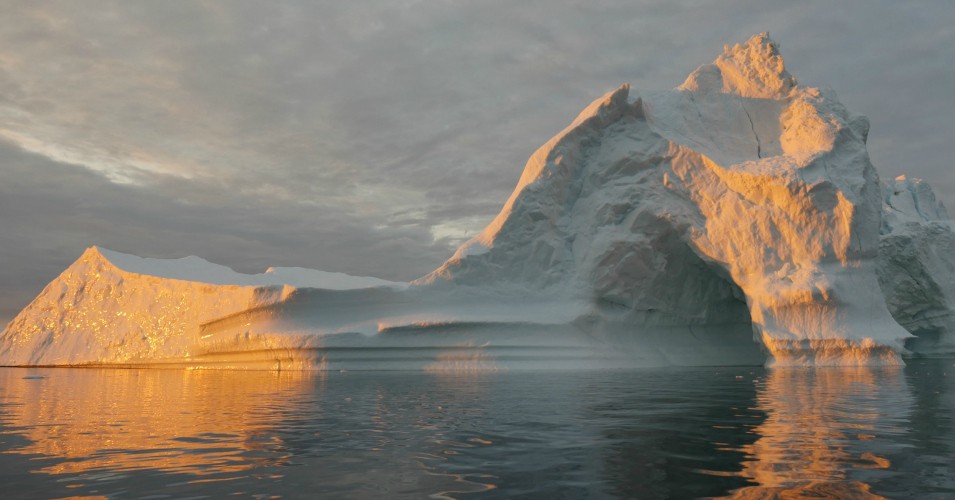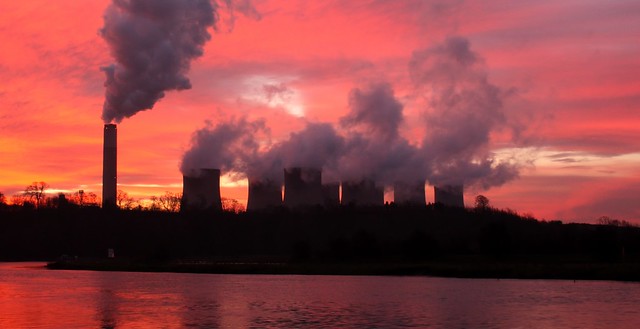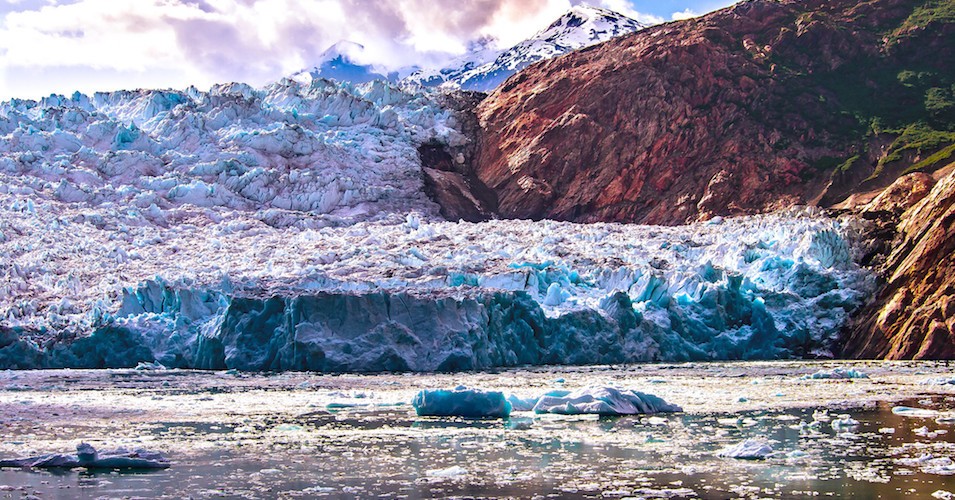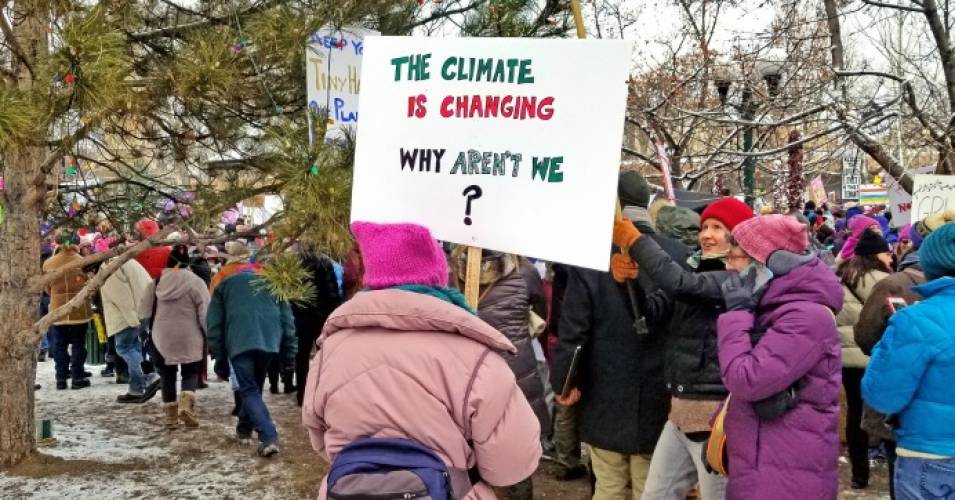“The new study adds significantly to the rising concern about an AMOC collapse in the not-too-distant future,” said one scientist. “We will ignore this at our peril.”
By Brett Wilkins. Published 2-10-2024 by Common Dreams
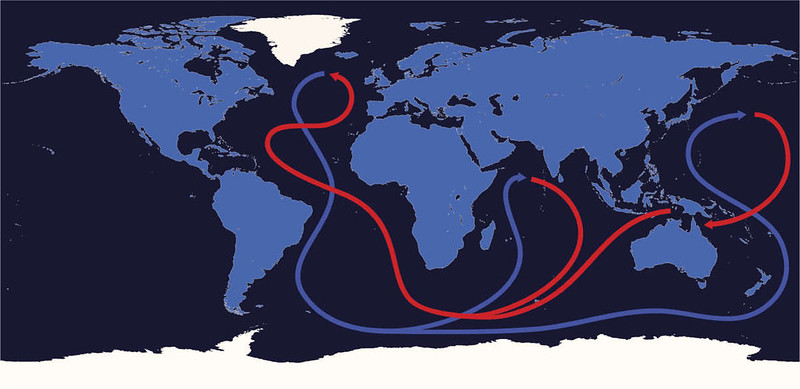
A study published Friday warned that a systemic collapse of the Atlantic Ocean currents driving warm water from the tropics toward Europe could be more likely than researchers previously estimated—an event that would send temperatures plummeting in much of the continent.
The Atlantic Meridional Overturning Circulation (AMOC), which includes the Gulf Stream, could be headed for a relatively sudden shutdown that René Van Western, who led the Dutch study published in Science Advances, called “cliff-like.”
Continue reading

